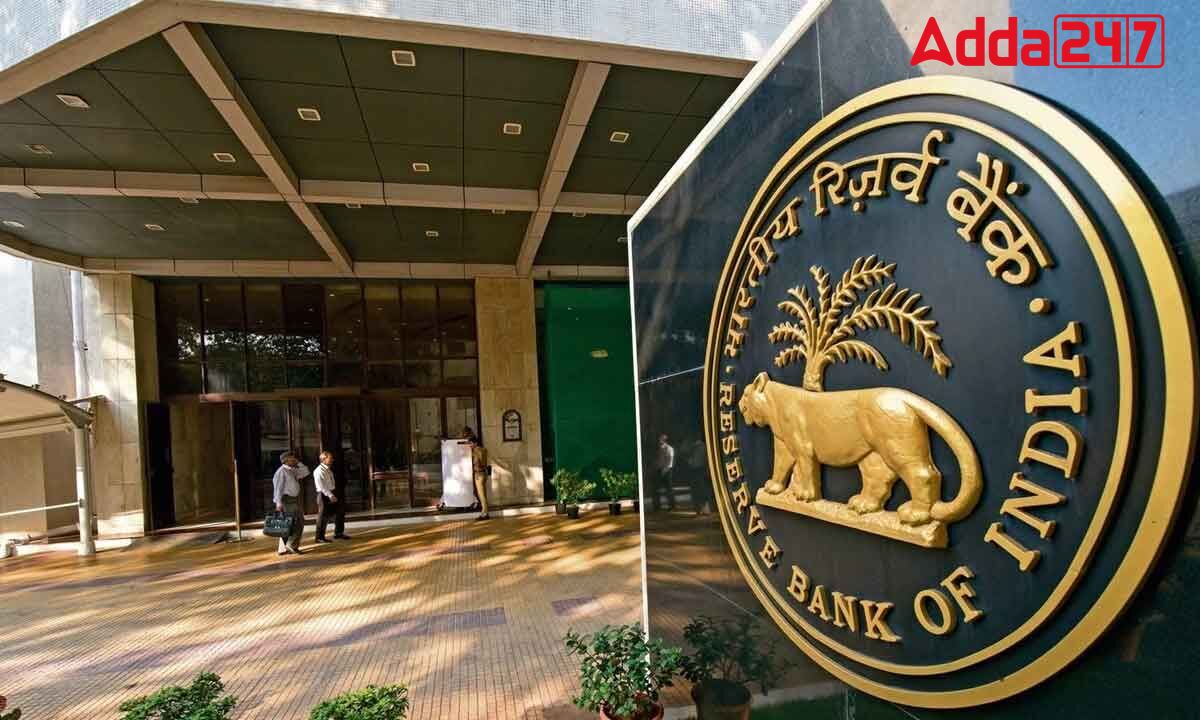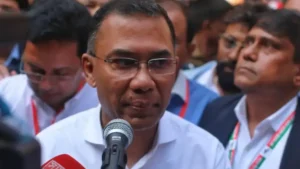European Union banks, including Credit Agricole, Societe Generale, Deutsche Bank, and BNP Paribas, are facing hurdles in trading Indian government bonds and derivatives due to a deadlock between their home authorities and Indian policymakers regarding audit oversight rights. The European Securities and Markets Authority (ESMA) de-recognized the Clearing Corp of India (CCIL) in October 2022, prompting the need for alternative clearing mechanisms.
Challenges and Proposed Solution
The European banks are seeking approval from the Reserve Bank of India (RBI) for a third-party transaction model to overcome the impasse. This model aims to address concerns related to audit oversight and client confidentiality, particularly in custodial operations. The banks have met with RBI officials and expect a decision in the coming weeks.
Deadline Pressure and Regulatory Extensions
With a deadline of October 2024 to cease transactions with CCIL, the banks are under pressure to establish the third-party clearing mechanism swiftly. They may request an extension of at least six months from their national regulators to ensure a smooth transition. Time is of the essence, especially with the European holiday season approaching in July and August.




 World Health Organization Prequalifies N...
World Health Organization Prequalifies N...
 India Hosts First BRICS Sherpas Meeting ...
India Hosts First BRICS Sherpas Meeting ...
 Tarique Rahman Set to Lead Bangladesh? B...
Tarique Rahman Set to Lead Bangladesh? B...








